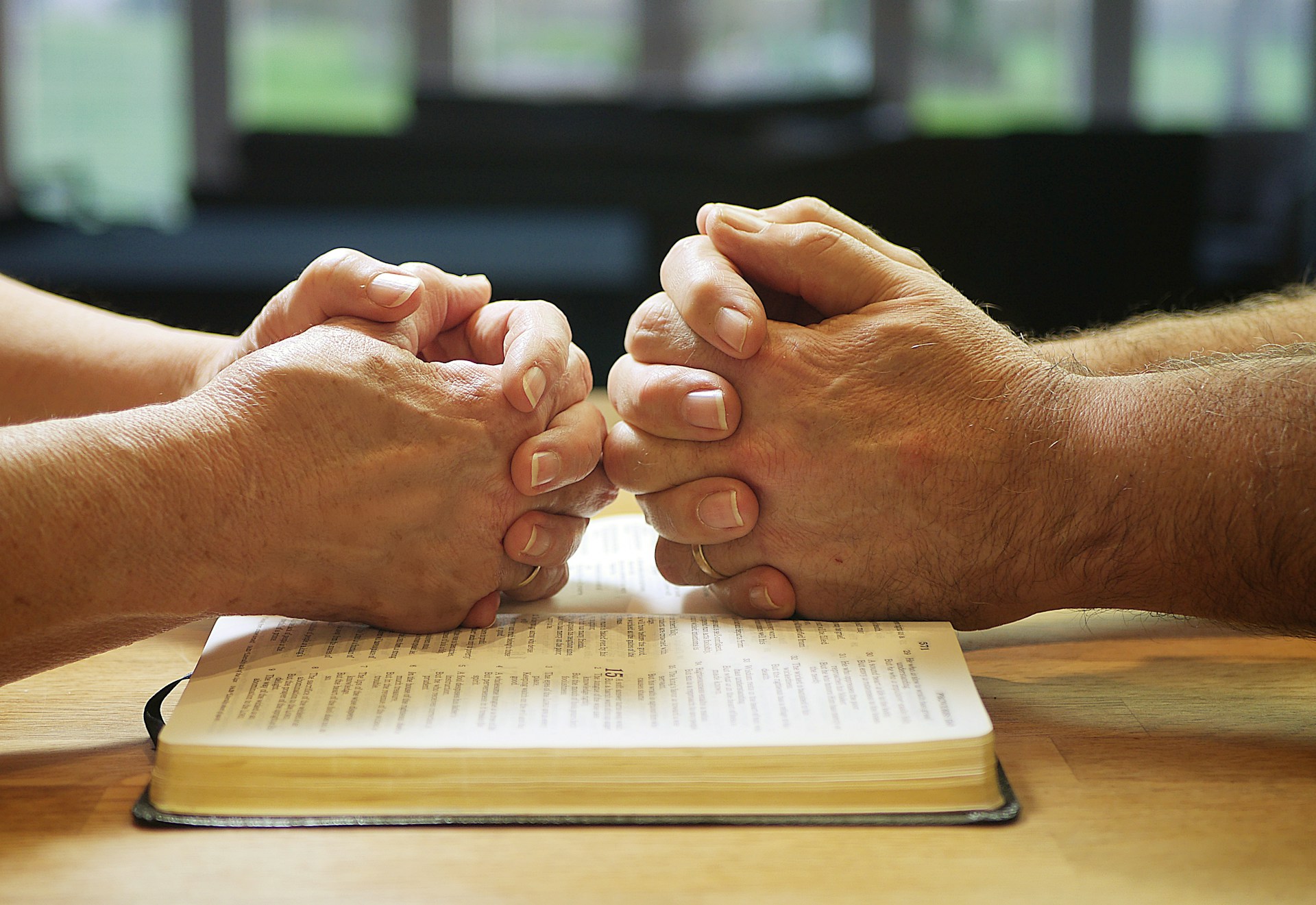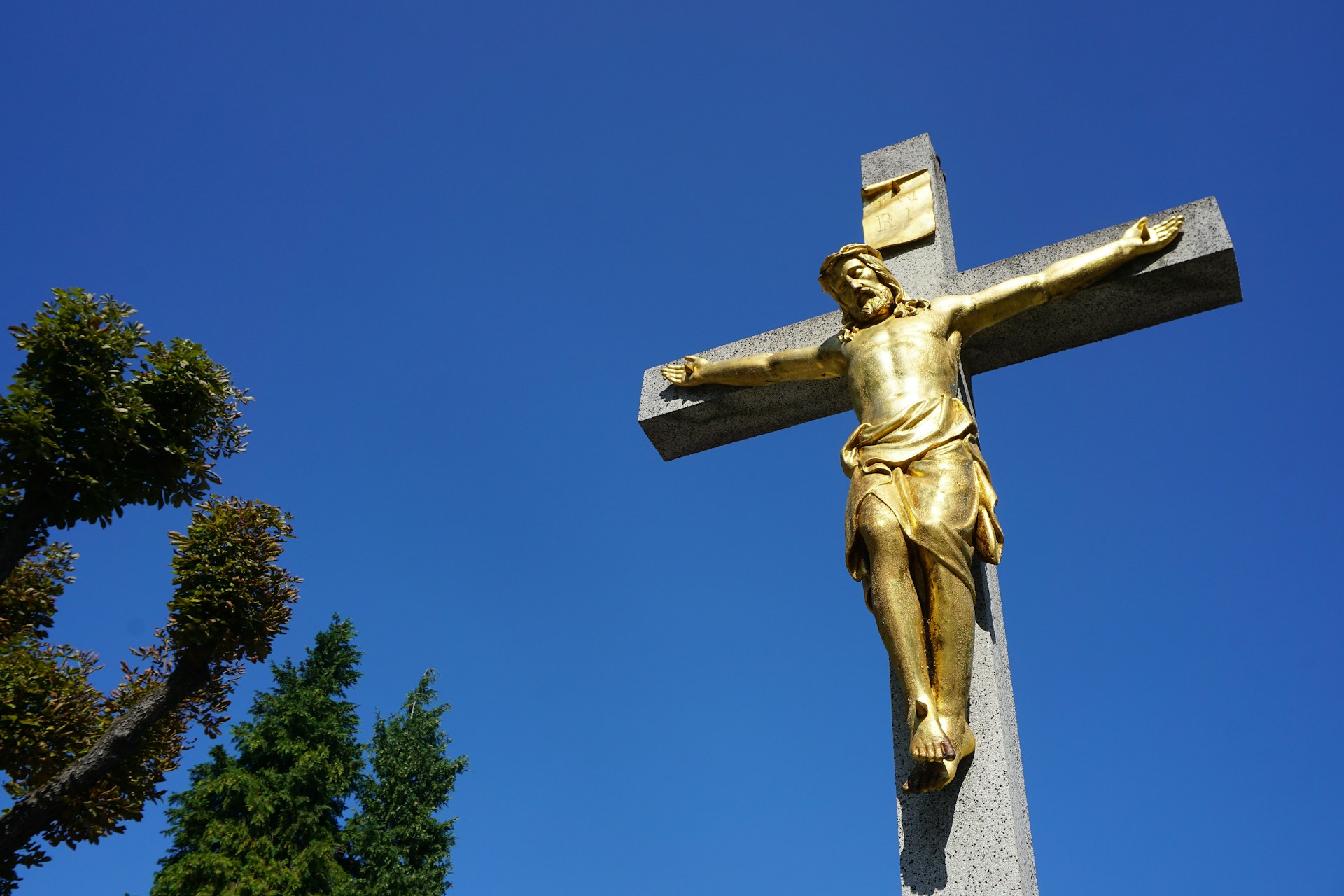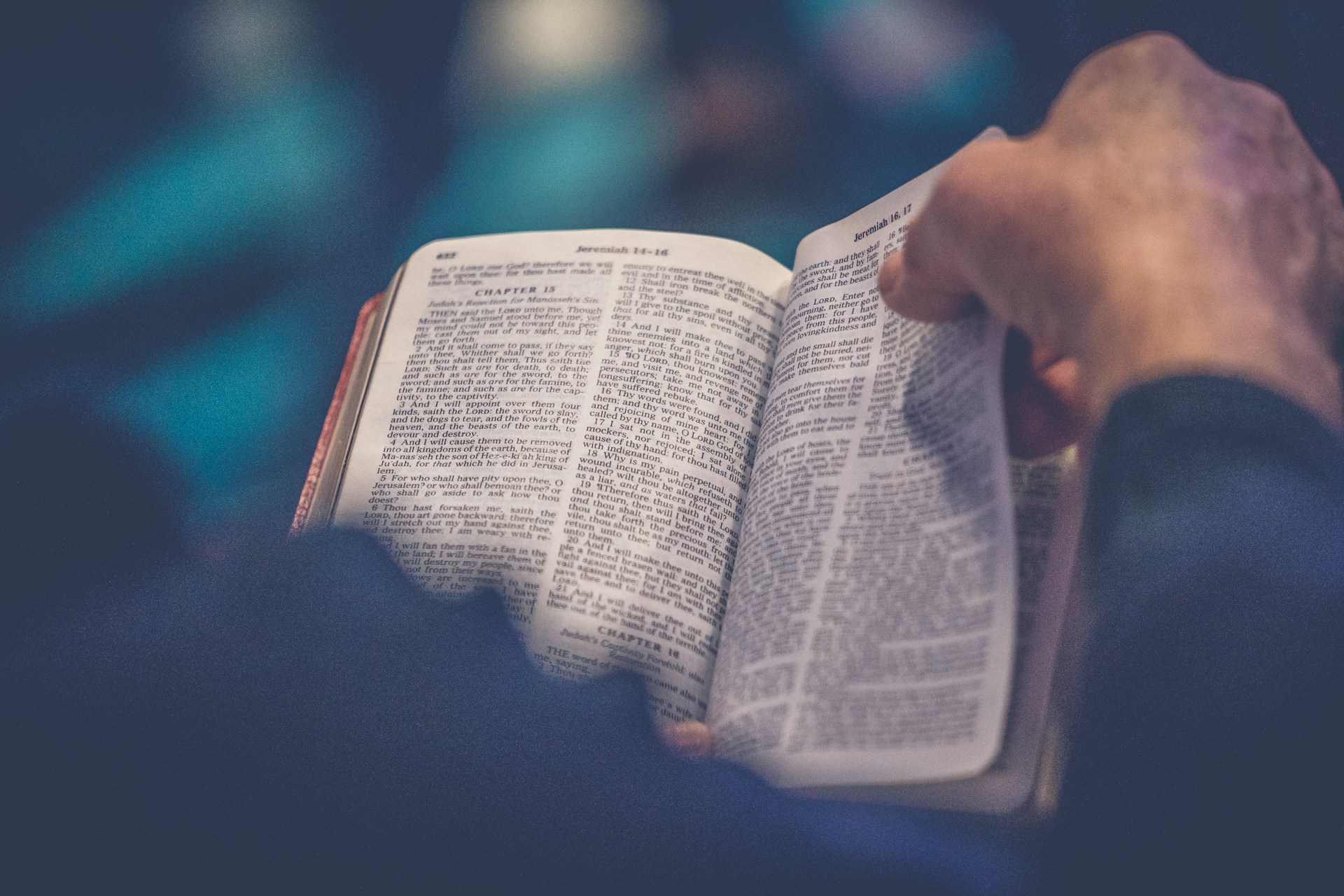Faith
Teacher’s Settlement Sparks Debate on Religious Freedom

In a significant affirmation of religious freedom and traditional values, a Wisconsin teacher has successfully settled with the Argyle School District after facing termination for adhering to his Christian beliefs. Jordan Cernek, who was dismissed in May 2023, refused to comply with a district mandate requiring staff to use preferred names and pronouns for trans-identified students, citing his religious convictions.
The Wisconsin Institute for Law and Liberty (WILL) announced that the district agreed to a $20,000 settlement, concluding the legal battle that began with a lawsuit filed in July 2024. This lawsuit argued that Cernek’s termination violated both Title VII of the Civil Rights Act of 1964 and the First Amendment, as well as the Wisconsin Constitution’s protections of religious freedom.
“To avoid acting contrary to his religious convictions, Mr. Cernek made the District aware of his religious objection to this requirement and agreed not to use any names when referring to students,” the WILL announcement stated. Despite this compromise, the district warned Cernek that failure to comply would lead to disciplinary action, culminating in the non-renewal of his teaching contract.
Cernek expressed gratitude for the resolution and remains committed to encouraging fellow educators to uphold their beliefs. “I am grateful that there was some resolution to this matter and will continue to encourage teachers to stand up for their beliefs,” he stated.
Nathalie Burmeister, Associate Counsel for WILL, underscored the broader implications of this victory for religious freedom, calling it a “core liberty that our nation and state were founded upon.” She added, “Jordan’s victory is critical to advancing the cause of religious freedom across the country.”
This case is part of a larger trend where educators face professional consequences for adhering to their religious beliefs. Notably, Kansas math teacher Pamela Ricard and Virginia French teacher Peter Vlaming both faced similar challenges and reached substantial settlements with their respective districts. These cases highlight the ongoing struggle to balance religious convictions with progressive policies in educational settings.
In response to such incidents, several states have enacted laws to protect teachers who choose not to use preferred names and pronouns due to religious objections. Wyoming and Idaho have taken legislative steps to safeguard the rights of educators and state employees, reinforcing the importance of religious freedom and individual conscience.
As we navigate these challenging times, the importance of standing firm in our faith and values cannot be overstated. The resolution of Cernek’s case serves as a beacon of hope for those who believe in the enduring principles of faith, family, and freedom that have long been the bedrock of our great nation.
Let us know what you think, please share your thoughts in the comments below.
Faith
Prayer Restrictions Highlight Fragility of Religious Freedoms in Europe

In recent years, a troubling trend has emerged across Europe, where certain governments have taken steps to restrict the fundamental right to pray. This is a stark reminder of how fragile our religious freedoms can be when subjected to government overreach. For Christians, prayer is a sacred communication with God, a cornerstone of faith that should never be compromised or regulated by any earthly authority.
The incidents occurring in Europe serve as a cautionary tale for Americans who cherish their religious liberties. These examples highlight how quickly freedoms can be eroded when governments begin to impose restrictions on speech and religious expression. It is imperative that we remain vigilant in defending our God-given rights to ensure that such infringements do not take root on our soil.
“No one should ever be punished by the government for praying.” This statement encapsulates the essence of religious freedom, a principle that is foundational to the American way of life. Our nation was built on the belief that individuals have the right to worship freely, without fear of government interference or punishment.
As Christians, we understand that prayer is not just a ritual but a vital part of our relationship with God. It is through prayer that we seek guidance, find solace, and express gratitude. Any attempt to limit this divine interaction is not only an attack on religious freedom but also an affront to the moral fabric that binds our communities together.
These European cases should serve as a wake-up call to all who value faith, family, and freedom. We must stand firm in our commitment to uphold traditional values and protect our rights to practice our faith openly. By doing so, we honor the legacy of those who fought for the freedoms we enjoy today and ensure that future generations can continue to live in a society where faith and freedom flourish.
In these challenging times, let us draw strength from our shared beliefs and remain steadfast in our resolve to defend our religious liberties. Through faith and unity, we can preserve the values that make our nation great and ensure that the light of freedom continues to shine brightly for all.
Let us know what you think, please share your thoughts in the comments below.
Faith
Young Adults Flock to Catholicism for Spiritual Clarity

In a remarkable testament to the enduring power of faith and tradition, young adults across America are embracing the Roman Catholic Church in unprecedented numbers. This surge in conversions is a clear indication of a generation seeking moral clarity and spiritual authenticity in a world that often seems adrift in chaos.
The Easter season, a time of renewal and rebirth, has witnessed a significant increase in conversions, with some dioceses reporting spikes of up to 70%. In Fort Worth, Texas, for instance, the number of converts rose dramatically from 896 in Easter 2023 to 1,544 in Easter 2024. This remarkable growth highlights a yearning for a faith that is deeply rooted in history and tradition.
Father Will Straten of St. Mary’s Catholic Center at Texas A&M University observes that many young adults are “hungry and are looking for something” that offers authenticity and realness. He notes, “They’re looking for something that’s grounded and seems to make sense.” This search for truth and stability is drawing many to the Catholic faith, a beacon of hope in turbulent times.
Father Raymond Maria La Grange of St. Vincent Ferrer in Manhattan echoes this sentiment, describing the influx of young converts as a response to a world that “cannot provide them with any moral order, or reasons for living in any particular way.” The pandemic years left many feeling unmoored, and the Catholic Church offers a steadfast anchor amidst the storm.
Sydney Johnston, a young woman from Manhattan, shares her journey from a nondenominational Christian upbringing to the Catholic Church. After a period of spiritual exploration, she found herself drawn to the “ancient history” and “reverence” of the Catholic Mass. She explains, “There’s just something so beautiful and transcendent about the rituals and the ancient history in the Catholic Mass that’s been preserved.”
Similarly, Taylor New from Cincinnati recounts how a simple YouTube video on the history of Catholicism set her on a path of discovery. “I joke that that video ruined my life in the best way,” she says, highlighting the profound impact of accessible online resources in guiding her toward the faith.
Adrian Lawson, a former atheist from Southern California, found his way to Catholicism through online debates and discussions. Despite initial resistance from his family, Lawson embraced the faith and experienced a profound transformation. “I had anxiety, depression, and panic attacks, but since I’ve started praying the rosary regularly, I haven’t had any of those issues,” he shares.
These stories of conversion underscore the timeless appeal of the Catholic Church, a bastion of tradition and moral clarity in an ever-changing world. As young adults seek meaning and purpose, the Church stands ready to welcome them with open arms, offering a path grounded in faith, family, and freedom. In these challenging times, the resurgence of interest in Catholicism is a powerful reminder of the enduring strength of biblical principles in shaping a values-driven society.
Let us know what you think, please share your thoughts in the comments below.
Faith
Men’s Growing Bible Engagement Sparks Cultural Revival

In a time when the moral fabric of society seems to be fraying, there is a heartening resurgence in the embrace of biblical wisdom among American men across generations. According to the 2025 “State of the Bible” report by the American Bible Society, nearly 10 million more Americans have turned to the Bible this year compared to the previous year. This shift is particularly significant among men, who are closing the gender gap in Bible engagement, a promising trend for those who value the principles of faith and family.
The study, which surveyed 2,656 adults nationwide, reveals that 41% of American adults now engage with the Bible, marking the highest total since 2021. This increase is not just a statistic; it is a testament to a growing recognition of the Bible’s timeless truths in guiding personal and communal life. As Jennifer Holloran, President and CEO of the American Bible Society, notes, this renewed interest in Scripture signals a “renewed interest” in the Word of God, especially among millennials and men.
Millennials, often criticized for straying from traditional values, are leading the way in this revival. In 2024, only three in 10 millennials engaged with the Bible, but that number has surged to nearly four in 10 this year. This shift suggests a yearning for the stability and moral clarity that the Bible offers, particularly in an age of uncertainty and moral relativism.
Men from Generation X have also shown remarkable growth in Bible engagement, with a ten-point rise in their numbers, surpassing women in their generation. This development is a powerful reminder of the role that Scripture can play in shaping strong, principled leaders who are committed to their families and communities.
Holloran emphasizes the unique opportunity this moment presents for the Church to invite seekers into “genuine encounters with the living Word of God.” She cites Psalm 34:8, which encourages individuals to “Find out for yourself how good the LORD is,” highlighting the personal transformation that can occur when one turns to Scripture.
In a world where happiness is at a record low, as reported in the 2025 World Happiness Report, the Bible offers an enduring message of hope and renewal. Isaiah 40:31 reassures us that “those who trust in the LORD for help will find their strength renewed,” a promise that resonates deeply in today’s weary society.
The “State of the Bible” report also delves into themes of trust, identity, and church engagement—critical questions in a time when many are searching for meaning and belonging. These themes underscore the Bible’s potential to shape not just individual lives but entire communities, fostering a culture rooted in faith, family, and freedom.
As more men turn to the Bible, they are not only enriching their own lives but also contributing to a broader cultural revival. This trend is a beacon of hope for those who believe in the power of biblical principles to guide us toward a more righteous and unified nation.
Let us know what you think, please share your thoughts in the comments below.
-

 Self-Reliance3 weeks ago
Self-Reliance3 weeks agoTrump’s Bold Move Uncovers Massive Social Security Fraud
-

 News2 months ago
News2 months agoGovernor Walz’s Rhetoric Sparks National Controversy
-

 News4 weeks ago
News4 weeks agoMel Gibson’s ‘The Passion of the Christ’ Sequel Title Announced
-

 Family1 month ago
Family1 month agoTexas Lawmaker Targets Furries in Schools
-

 Freedom1 month ago
Freedom1 month agoMaine Lawmaker Challenges Sports Fairness Controversy
-

 News1 month ago
News1 month agoTrump Administration’s Bold Moves on Faith and Freedom
-

 Faith1 month ago
Faith1 month agoAstronaut’s Faith Shines Bright During Space Stranding
-

 News1 month ago
News1 month agoTrump Administration Targets Title X Funding Compliance




